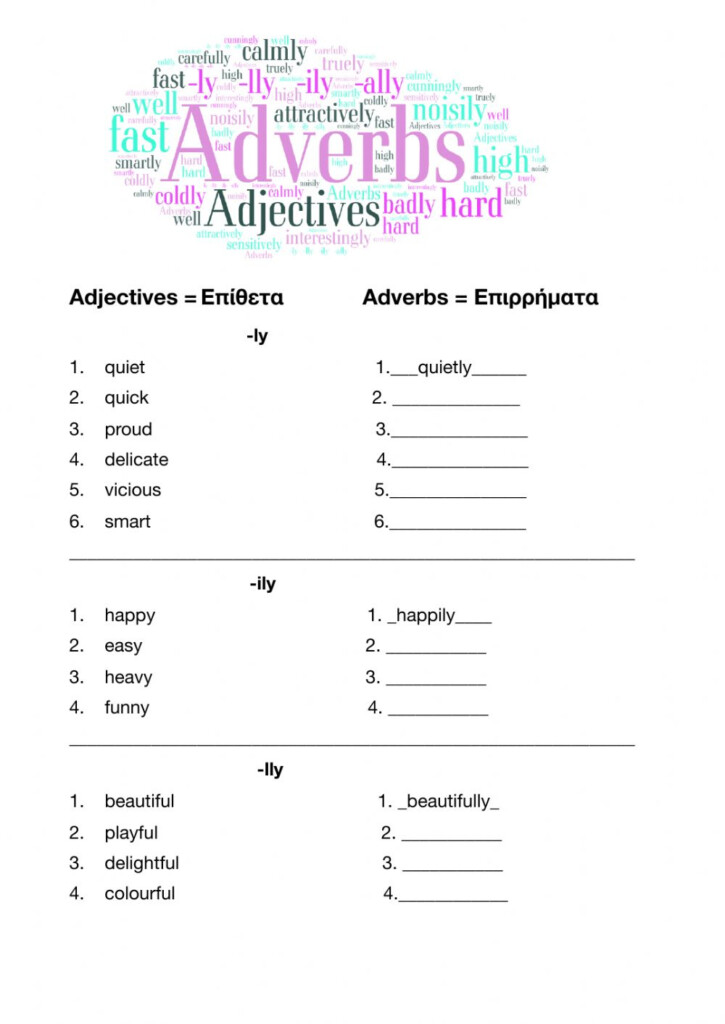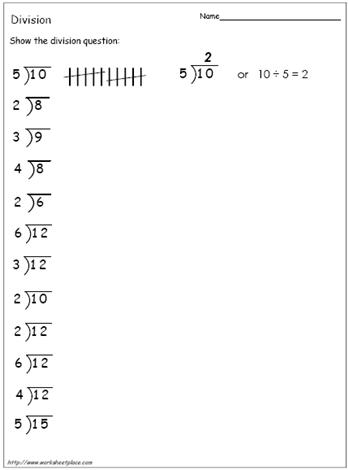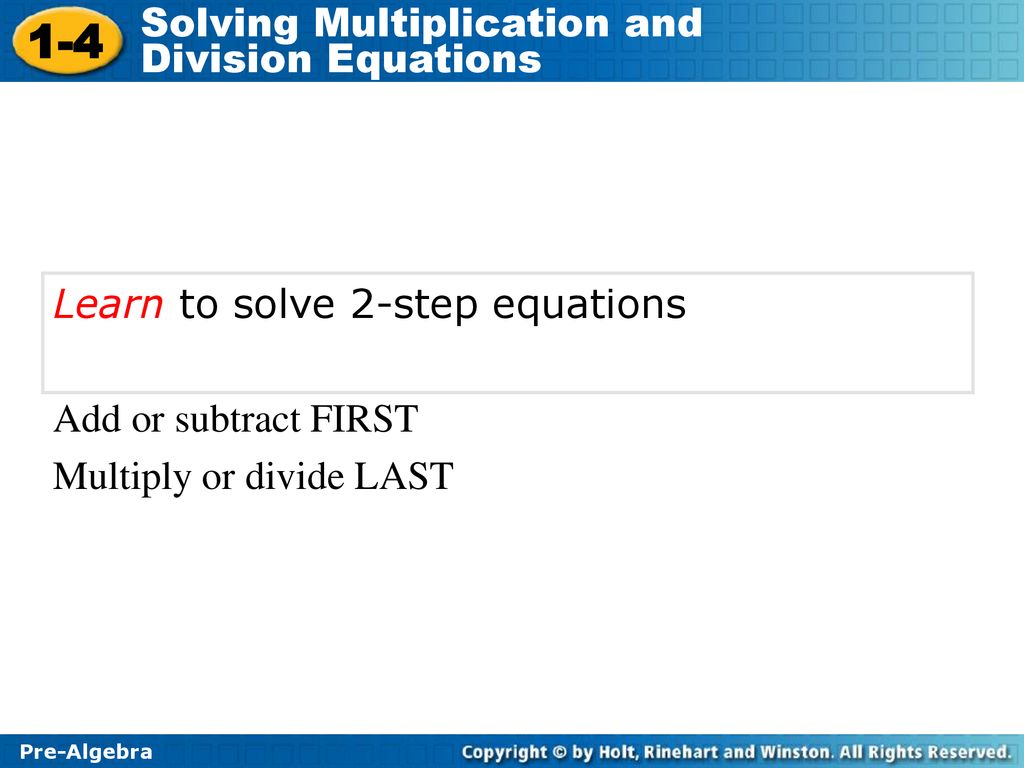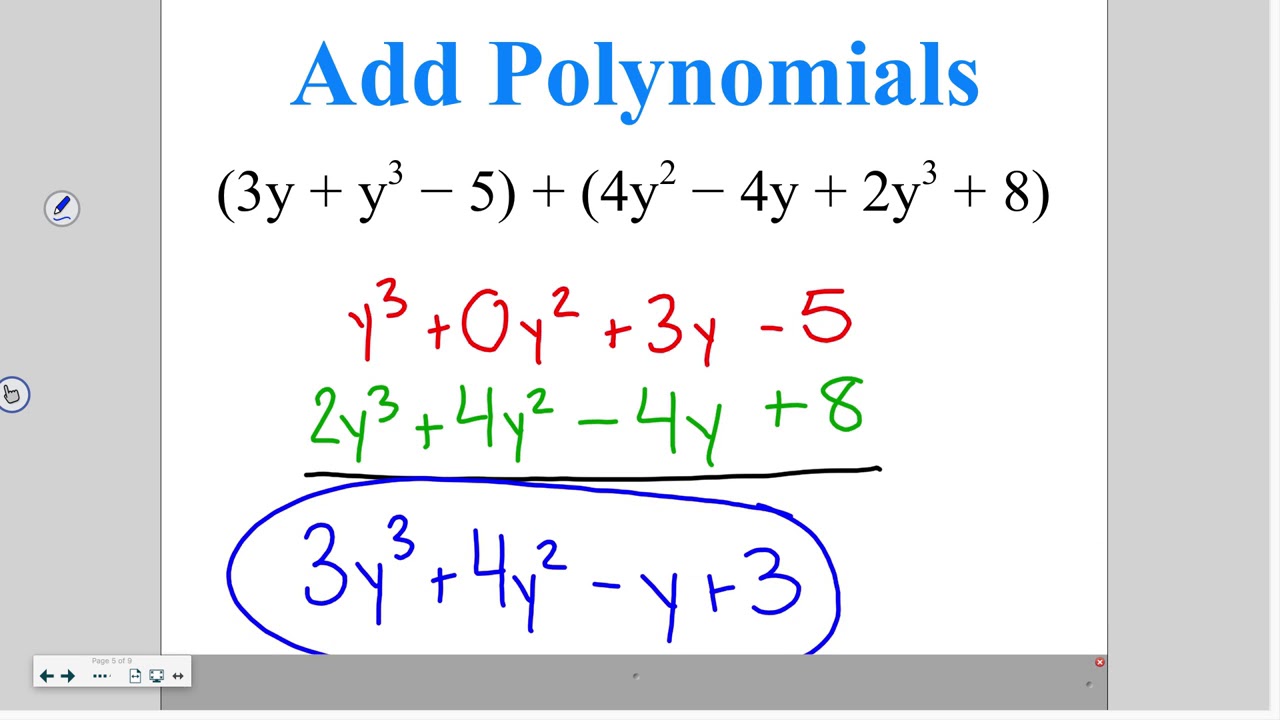Adjective vs Adverb Worksheet with Exercises

Understanding Adjectives and Adverbs: A Comprehensive Guide
In the English language, adjectives and adverbs are two fundamental concepts that help describe and modify words to convey specific meanings. While often confused, these two parts of speech serve distinct purposes in sentences. In this guide, we will explore the differences between adjectives and adverbs, provide examples, and include exercises to help you master their usage.
What are Adjectives?
Adjectives are words that modify, or describe, nouns or pronouns by providing more information about their qualities, properties, or characteristics. They typically answer questions such as “What kind?”, “How many?”, or “Which one?” about the noun or pronoun they modify.
Examples:
- The big house on the hill. (The adjective “big” describes the noun “house”.)
- She is a happy person. (The adjective “happy” describes the noun “person”.)
What are Adverbs?
Adverbs, on the other hand, are words that modify verbs, adjectives, or other adverbs by providing more information about the manner, time, place, frequency, or degree of an action or a state. They typically answer questions such as “How?”, “When?”, “Where?”, or “To what extent?” about the verb, adjective, or another adverb they modify.
Examples:
- She sings beautifully. (The adverb “beautifully” modifies the verb “sings” and describes the manner in which she sings.)
- He is extremely happy. (The adverb “extremely” modifies the adjective “happy” and describes the degree of his happiness.)
Key Differences between Adjectives and Adverbs
While adjectives modify nouns or pronouns, adverbs modify verbs, adjectives, or other adverbs. Here are some key differences to help you distinguish between the two:
- Adjectives typically come before the noun they modify, whereas adverbs can come before or after the verb they modify.
- Adjectives often end in -able, -al, -ful, -ic, -ish, -less, -like, -ous, or -y, whereas adverbs often end in -ly, -wise, or -wards.
- Adjectives usually describe permanent or inherent qualities, whereas adverbs describe temporary or changing circumstances.
Exercises: Adjective vs Adverb
Now that you understand the differences between adjectives and adverbs, it’s time to practice! Complete the following exercises to test your knowledge:
Exercise 1: Identify the Adjectives and Adverbs
Identify whether the bolded words are adjectives or adverbs in the following sentences:
- The delicious cake was devoured quickly.
- She sings sweetly in the choir.
- The tired student fell asleep during the lecture.
- He drives carefully on the highway.
- The beautiful sunset was admired by all.
Exercise 2: Complete the Sentences
Complete the following sentences with either an adjective or an adverb:
- The teacher spoke ____________________ to the students. (clearly / clear)
- The happy couple danced ____________________ at the wedding. (happily / happy)
- The difficult exam was completed ____________________. (quickly / quick)
- The talented musician played the guitar ____________________. (beautifully / beautiful)
- The tasty cake was eaten ____________________. (quickly / quick)
Exercise 3: Error Analysis
Identify the errors in the following sentences and correct them:
- The student wrote a good essay, but the teacher wanted it to be written more gooder.
- The fast car drove fast down the highway.
- The beautiful sunset was admired by all, and the view was more beautiful than expected.
Conclusion
Mastering the difference between adjectives and adverbs is crucial for effective communication in English. By understanding the functions and characteristics of each, you can improve your writing and speaking skills, making your messages more precise and engaging. Remember to practice regularly to reinforce your knowledge and become a proficient user of adjectives and adverbs.
What is the main difference between adjectives and adverbs?
+Adjectives modify nouns or pronouns, while adverbs modify verbs, adjectives, or other adverbs.
How do I know whether to use an adjective or an adverb in a sentence?
+Consider what the word is modifying. If it’s a noun or pronoun, use an adjective. If it’s a verb, adjective, or another adverb, use an adverb.
Can a word be both an adjective and an adverb?
+Yes, some words can function as both adjectives and adverbs, depending on the context in which they are used.
Related Terms:
- Adjective and adverb worksheet
- Adjective or adverb Exercise
- Adjective Adverb exercise PDF
- Adverb worksheet pdf
- Adjective and adverb pdf



